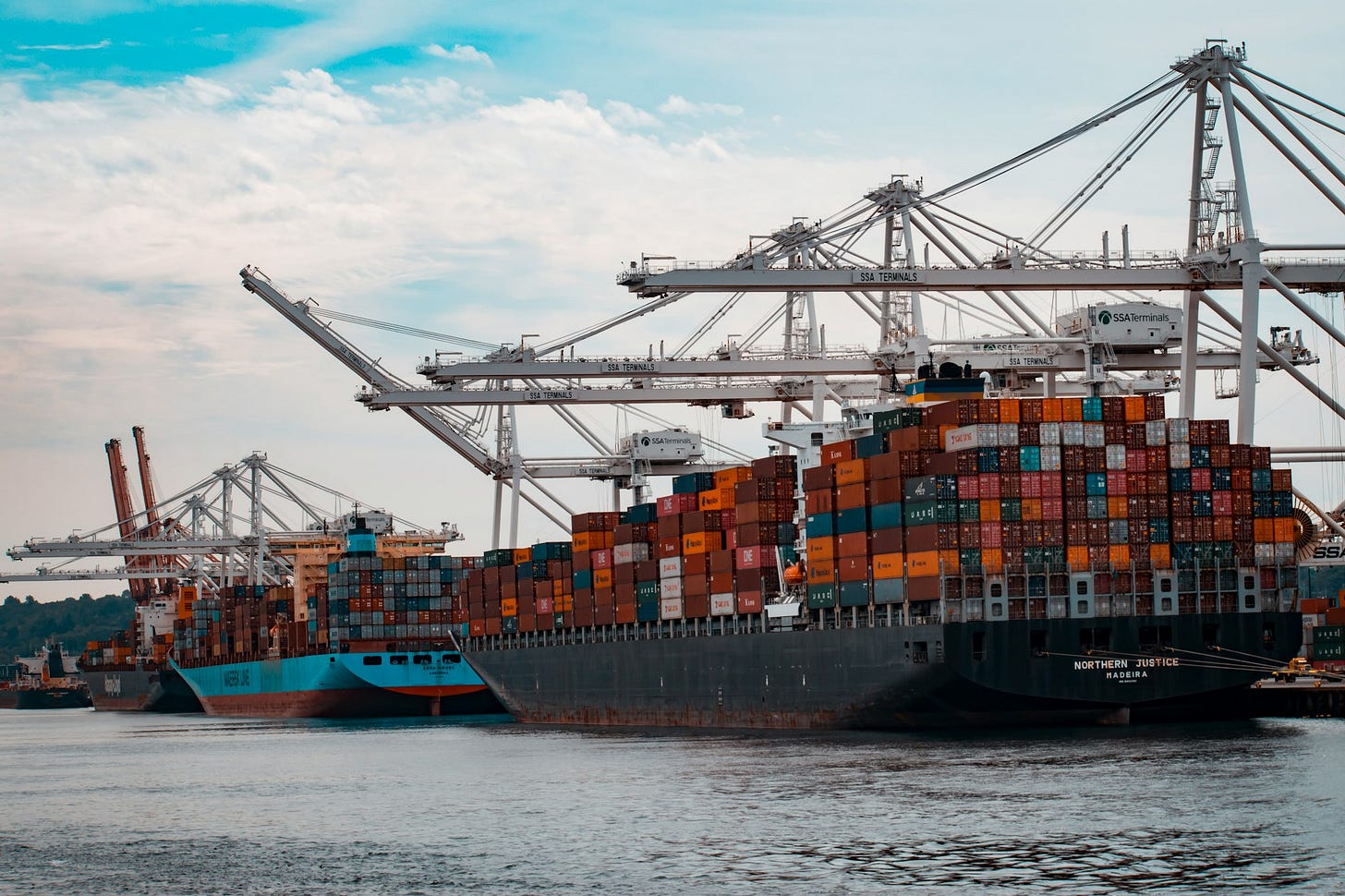Since my relatively optimistic post of March 10, nothing has happened that fundamentally contradicts the analysis. Media coverage of the war has began to acknowledge the significant gains made by Ukrainian forces a week ago, and now the Russians are clearly pulling out from the area around Kyiv. You don’t hear so many cover-your-ass assertions that the Russians will inevitably grind down the Ukrainians anymore, though the coverage still gives too much credit to the Russian narrative that they are just regrouping rather than suffering a humiliating defeat.
What is changing are the requirements for military and economic assistance to Ukraine. I recently had a session with a large group of business leaders from Ukraine, organized by the Center for International Private Enterprise (@CIPEGloba). It was in the first place remarkable to be on a Zoom call with several dozen businessmen located all over Ukraine, something that speaks to that country’s ability to remain connected to the outside world despite the war. But they pointed to a real crisis that we in the United States and in NATO have not been adequately focused on.
___STEADY_PAYWALL___
That crisis concerns the blockade that Russia has imposed on Ukrainian exports by its control of much of the Black Sea coastline. As the World Food Program has made clear, Ukraine (along with Russia) is one of the world’s major grain exporters, and many developing countries face an acute food crisis because nothing is getting out. With the attacks on Kherson and the siege of Mariupol, Odesa remains the major port still open, but the Russian navy has effectively stopped all shipping out of it.
One of my interlocutors pointed out that rail cannot possibly make up for shipments stopped by the sea blockade. There is an incompatibility of railway gauges going into Romania and the rest of Europe, and the volume of goods that can be sent by rail is a tiny fraction of what had been sent by sea. Even if the most optimistic scenario materializes whereby Russia withdraws to the positions it held before February 24, the export blockade will still be in place. (Prior to the invasion, I had thought that Putin’s strategy would actually be this slow economic strangulation of Ukraine rather than an all-out invasion).
Thinking about Ukraine’s long-term economic viability also changes the requirements for military support. My interlocutors acknowledged the fact that a no-fly zone was not a realistic possibility, given the likelihood of its leading to a direct NATO-Russia conflict. Ukraine’s urgent military needs are now conventional arms and ammunition, the shortfall of which has caught NATO by surprise. Of course, there is an urgent need for better ground-based air defense systems, which have been under discussion for the last couple of weeks. The Biden administration has finally announced a plan to start shipping tanks and other heavy equipment to Ukraine to allow Kyiv to build on the momentum it has achieved.
If we think about reopening the Black Sea to Ukrainian shipping, however, there are other types of help possible. The Ukrainians recently sank a Russian troop carrier, the Orsk, docked in Berdyansk on the Sea of Azov, with one of its own ballistic missiles.
⚡️Maxar published satellite imagery of the Russian ship that the Ukrainian military had struck in the port of Berdiansk, which is currently occupied by the Russian forces.
The March 25 photos reveal "Russian Alligator-class landing ship that’s burned & partially submerged." pic.twitter.com/5p86Jv9ie0— The Kyiv Independent (@KyivIndependent) March 25, 2022
NATO countries field a variety of anti-ship missiles that could be fired at Russian naval targets in Ukrainian territorial waters from Ukrainian territory. (These same systems would be useful in going after some of the long-range artillery and rockets being used against Ukrainian cities.) They could also be used to target Russian rear-area bases in Crimea (which, incidentally, most of the world still recognizes as sovereign Ukrainian territory). A missile fired at Lviv last week was launched from Sevastopol in Crimea.
In addition, Western naval forces could begin escorting Ukrainian and other ships in and out of Odesa as they transit from Ukrainian territorial waters into the international waters of the Black Sea. I don’t know what naval assets NATO has there now, but I assume there is a presence. Turkey has invoked its powers under the Montreux Convention to block the movement of naval vessels through the Turkish straits, but that could be subject to negotiation.
We need to start thinking about rebuilding Ukraine’s economy now. Ukrainians have suffered hundreds of billions of dollars’ worth of damage to their infrastructure, and have seen a sharp drop in output thus far. If the military side of the war goes well, we should be careful not to breathe a sigh of relief and think that Ukraine is out of the woods. The question of war reparations has already come up, with suggestions that the international community redirect some of Russia’s frozen assets to the rebuilding of Ukraine. I doubt that this would be legal, but it would certainly be morally justified.


